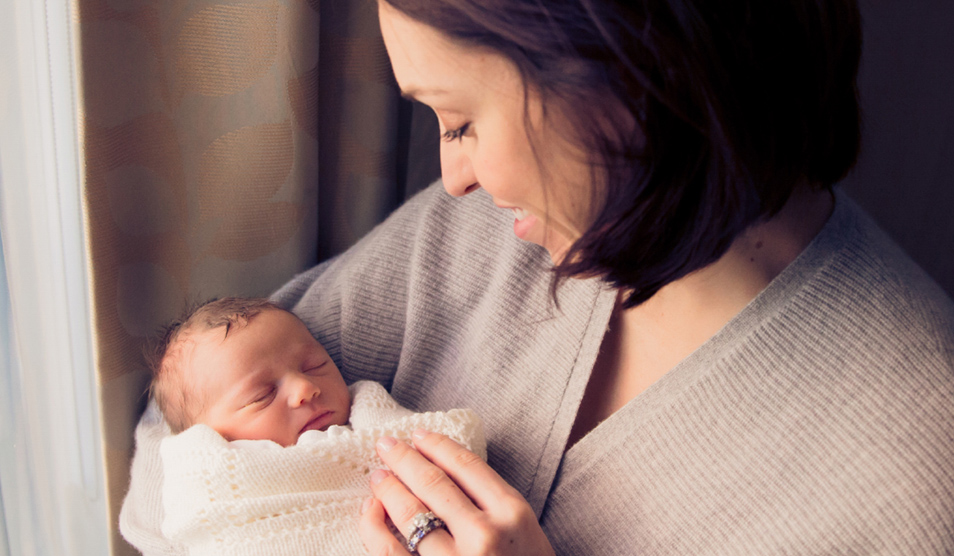Trust statement in response to outcome of Lucy Letby trial
While such appalling crimes are incredibly rare, wider issues are emerging from this case about how all healthcare organisations spot and act on warning signs and listen and respond to concerns. We, along with the rest of the NHS, need to reflect on what lessons we can learn, not only so that something as dreadful as this could never happen in our hospitals but to ensure that safe and high quality care more broadly is everyone’s priority.
We are really proud of the care we provide but, even with the best intentions, we won't always get things right and we can always improve. It’s vital that we report and review safety incidents and pick up and act on concerns, whether they are raised by staff, patients, families or anyone else.
Encouraging and supporting staff to raise concerns
Our chief executive has written to every member of our staff to highlight that our organisational structure is designed to support strong clinical leadership and effective oversight and so their ward, service, directorate and divisional management teams are the best places to start if they are ever worried about any aspects of our care. He reminded them that if they feel they can’t use those routes, or don’t think their concerns are being properly addressed, they can contact one of our Freedom to Speak Up Guardians. These are members of staff who have dedicated time to provide confidential, expert support to any colleague who wants to raise concerns. Our chief executive also makes it clear at his regular, fortnightly all-staff briefings that he always want to hear if anyone thinks we’re not providing safe care anywhere in our organisation.
Encouraging and supporting patients and the public to raise concerns
Likewise, we urge any patient – carer, friend or family member - visitor or local resident who has concerns about any aspect of our care to let us know. In fact, all feedback, is hugely welcomed.
Again, it’s best to start with a senior member of staff on the relevant ward or unit but if you’re not comfortable doing that, or don’t feel you’re getting the response you need, please:
- contact our Patient Advice and Liaison Service (PALS) by completing our online form, emailing imperial.pals@nhs.net or calling 020 3312 7777.
- make a formal complaint by emailing ICHC-tr.Complaints@nhs.net or calling 020 3312 1337.
More details – including of independent, external organisations that provide advice and support to help you raise concerns or who can investigate concerns themselves – are included on our website, click here.
Undoubtedly, there is much more to uncover about the actions of Lucy Letby and how she was able to act as she did for so long. As well as further police investigations, a public inquiry is being established and many national organisations are considering more immediate changes or guidance. Our thoughts are with the children and families who have suffered so terribly in this unspeakable tragedy and to the many staff who tried to do their best. We will play our full part in making sure we learn all we can for our patients, local communities and colleagues.



